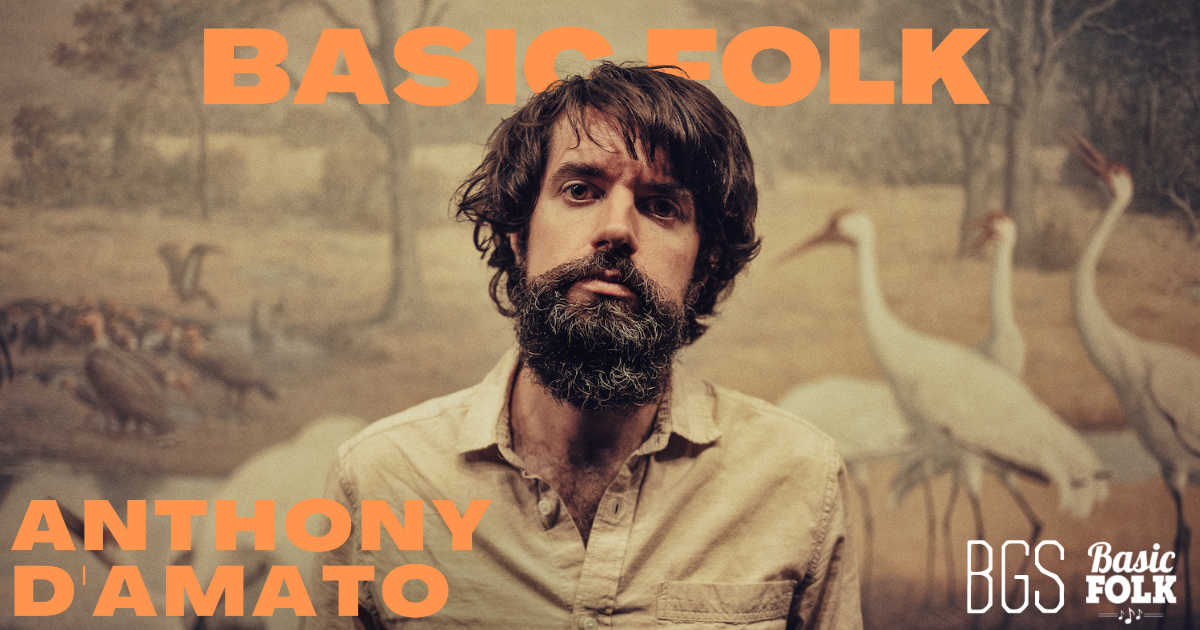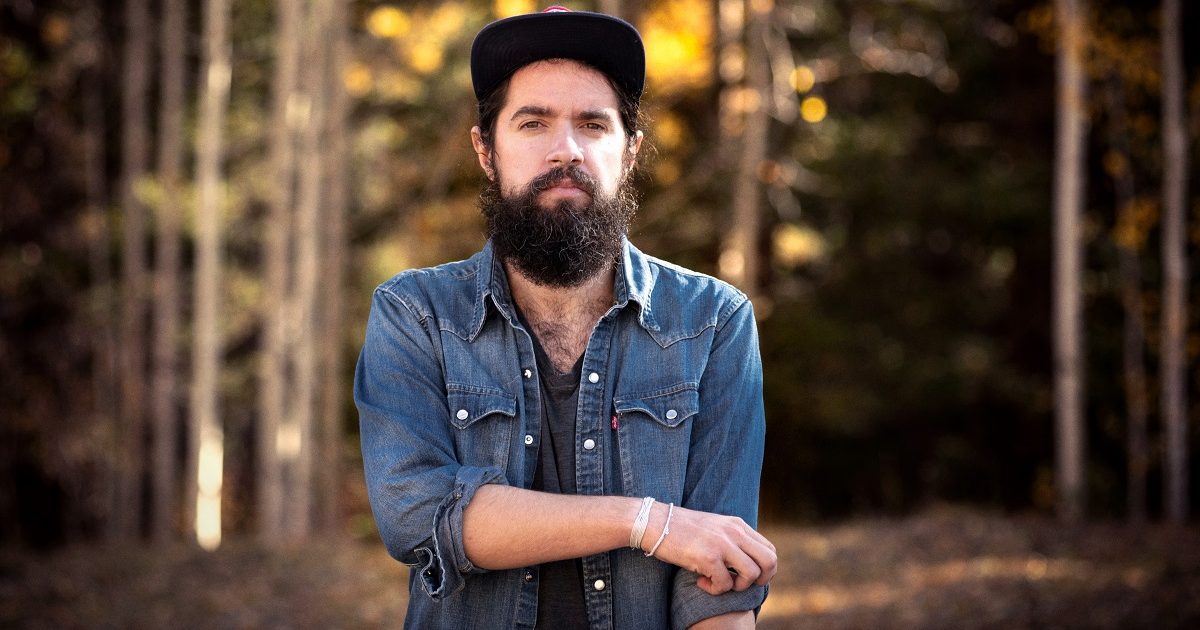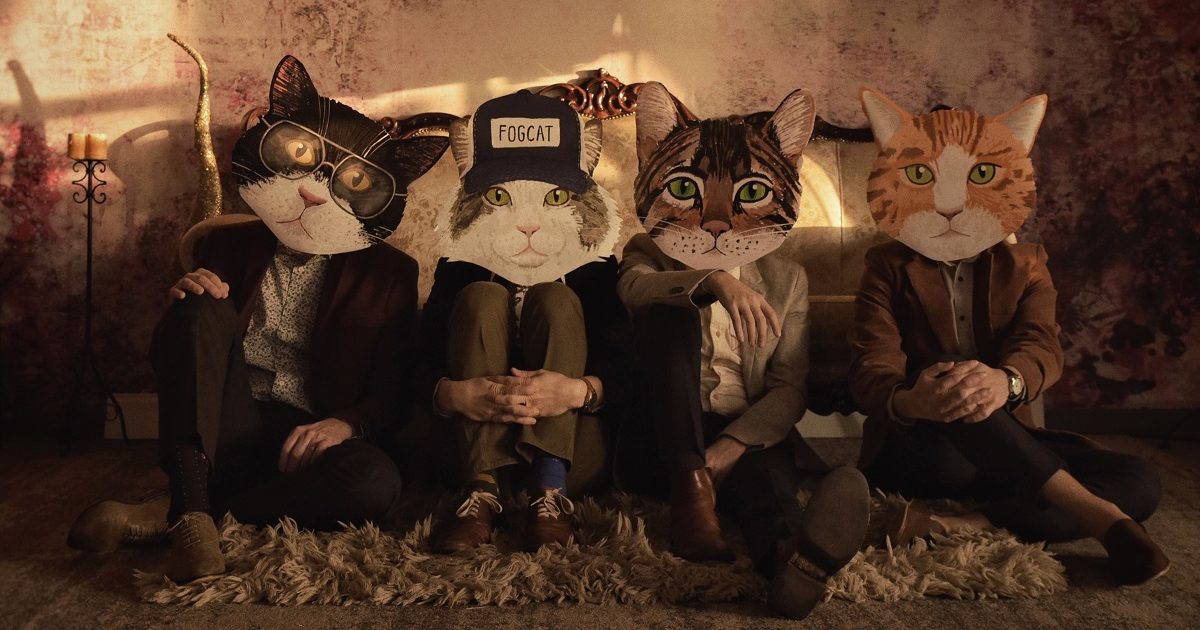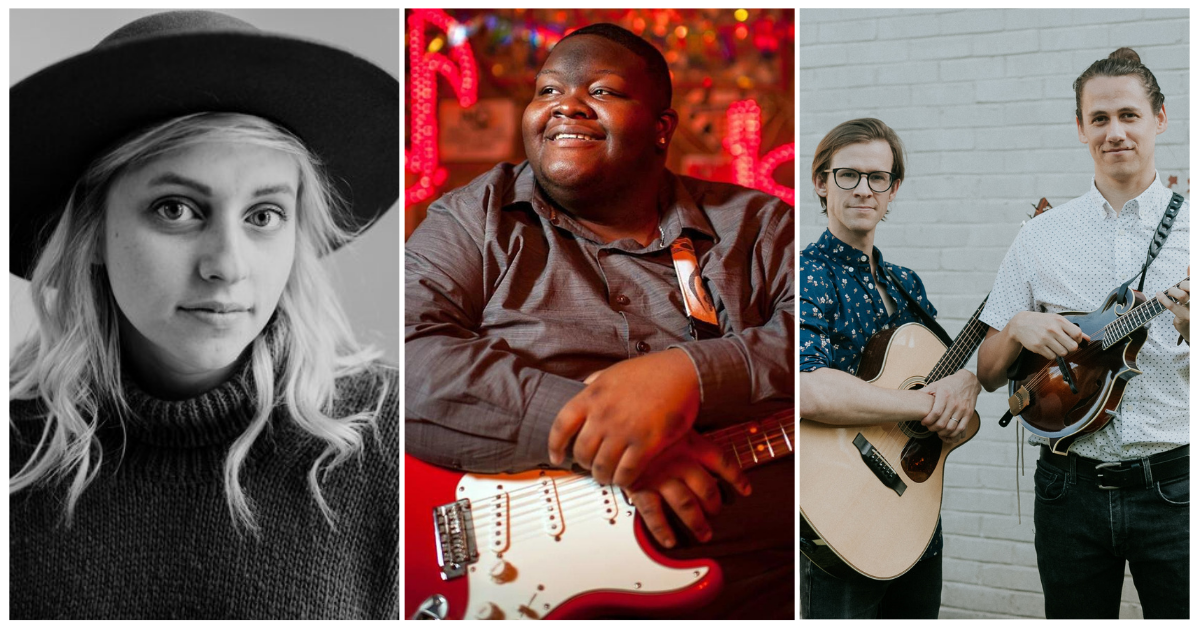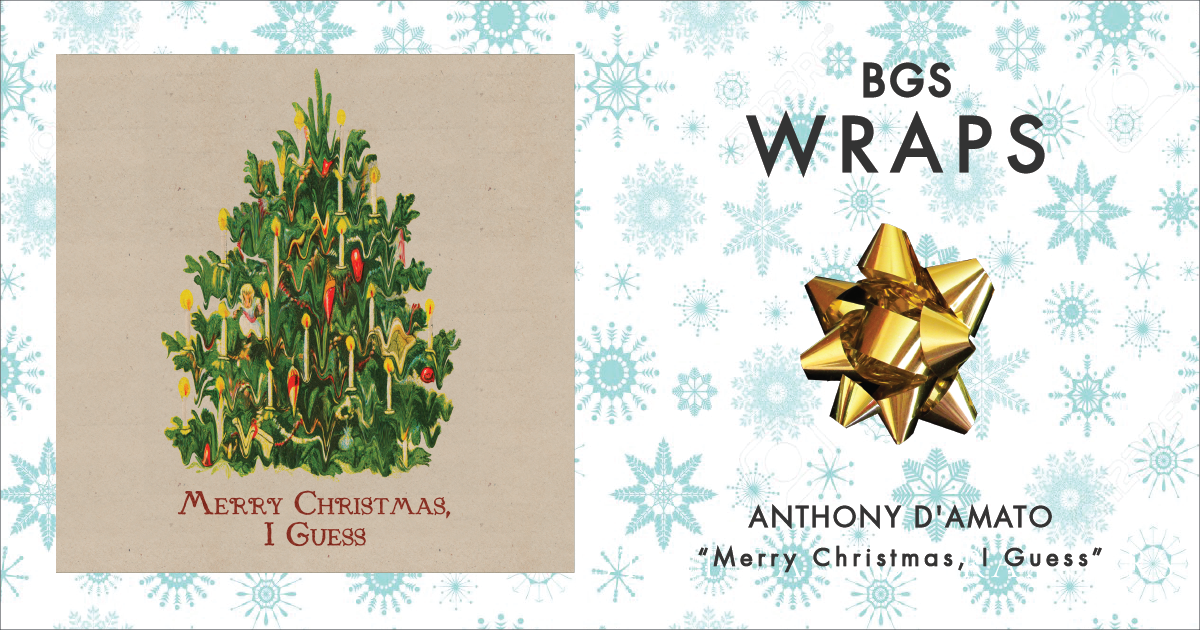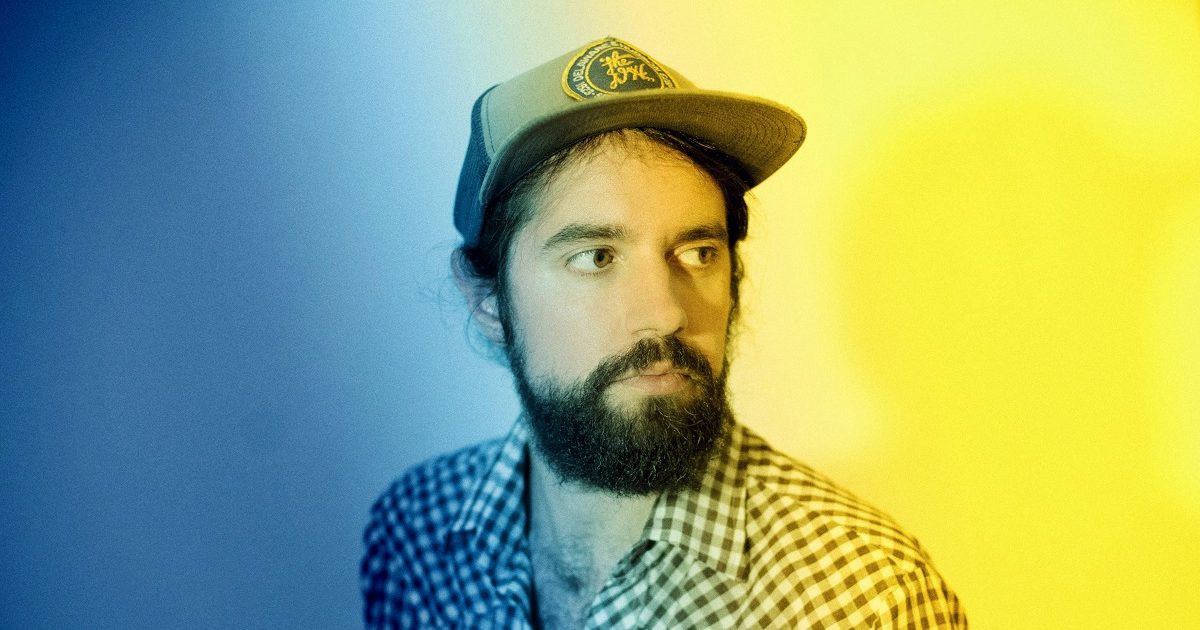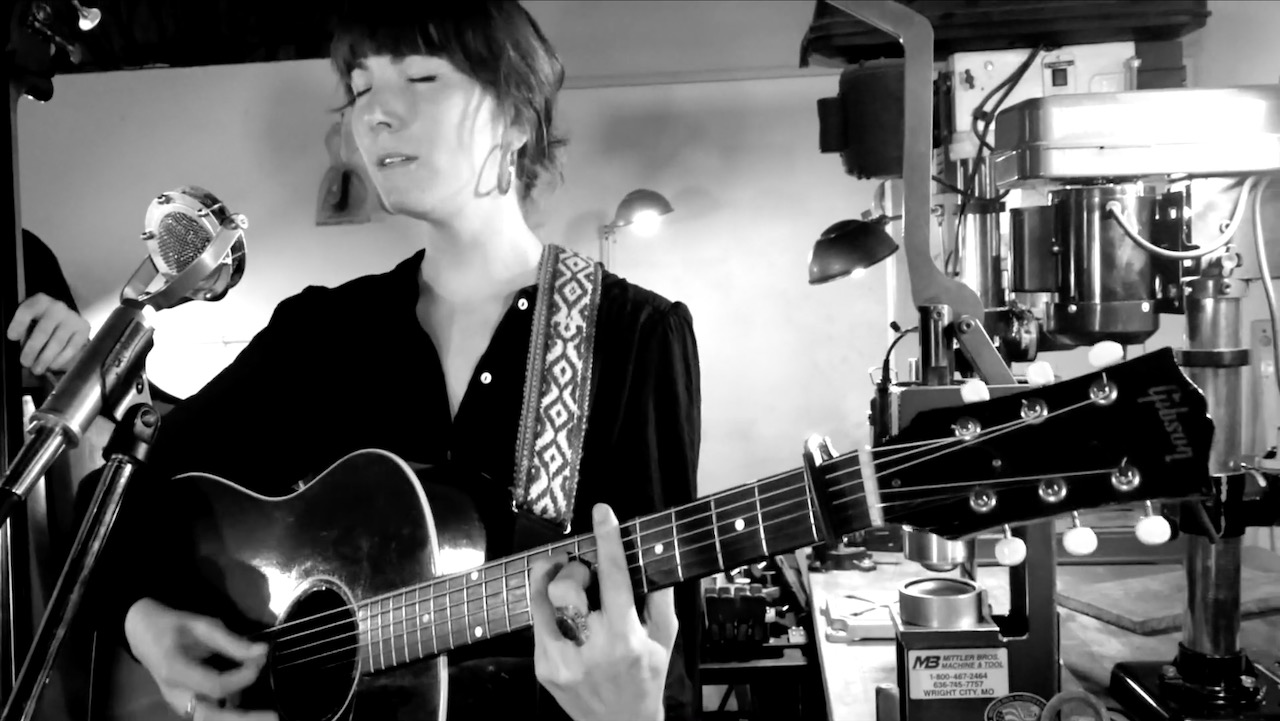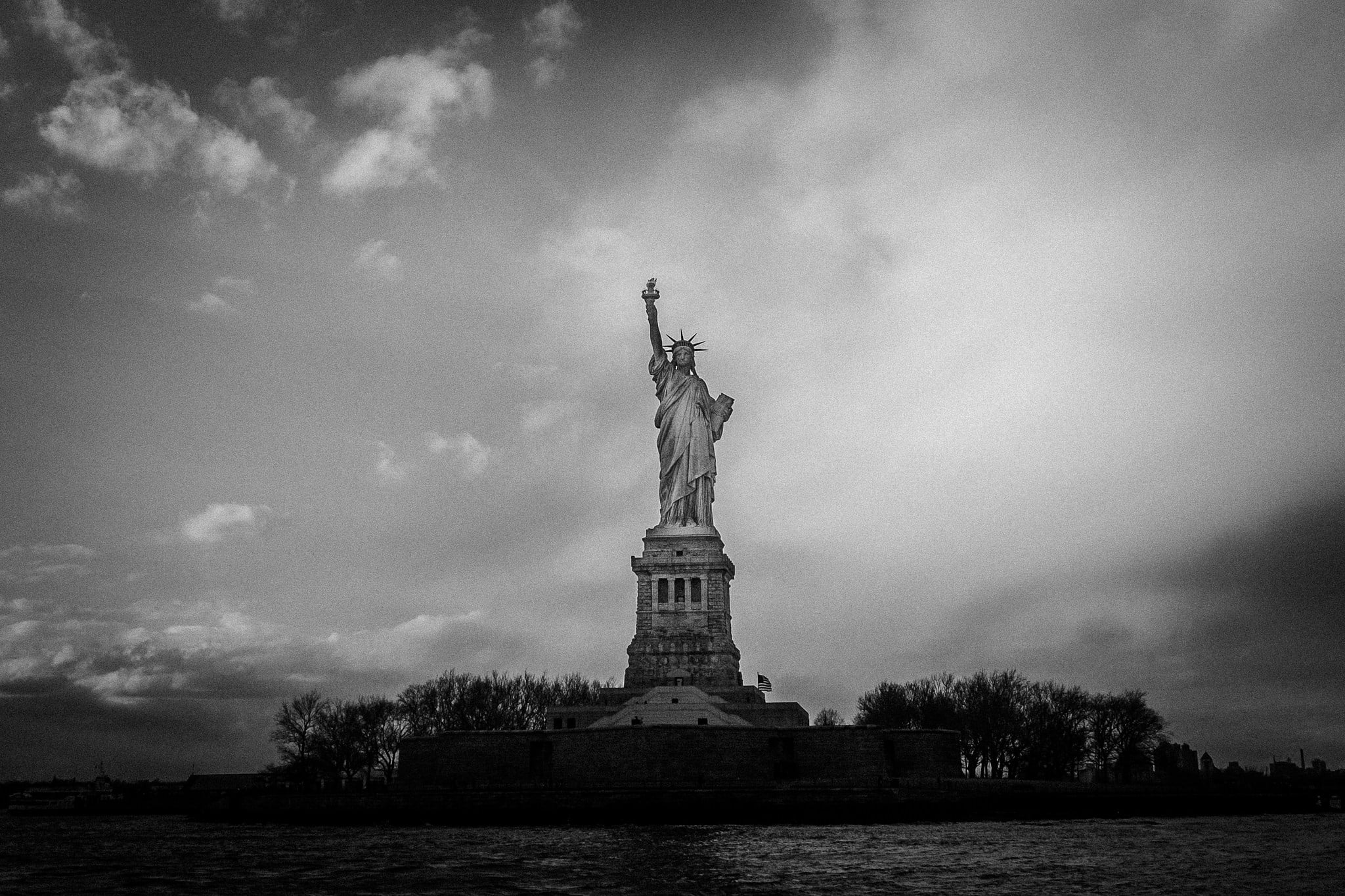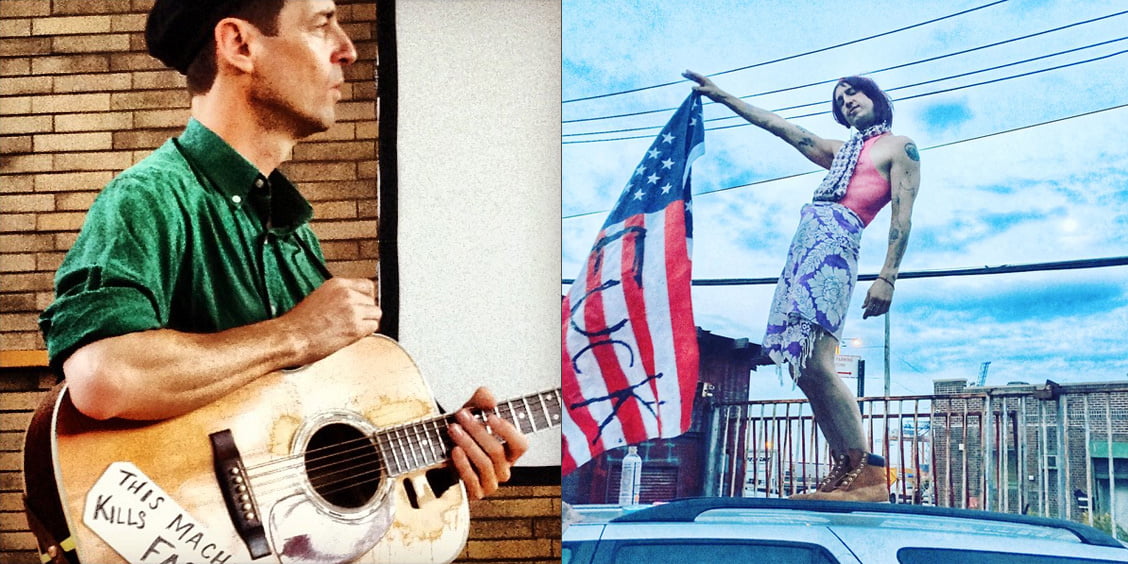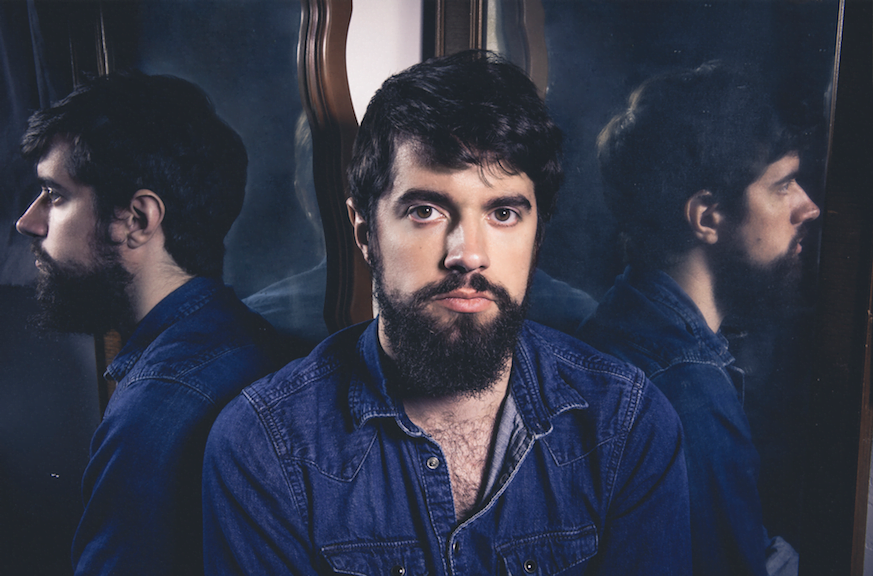If there are two American figures one would least expect to be connected, they may well be Woody Guthrie and Donald Trump. Guthrie, one of the most revered political songwriters ever to put pen to paper, has next to nothing in common with Republican presidential nominee Trump, a man who represents everything against which Guthrie fought as a folk singer and activist. But the two do have one connection: Trump’s father, the late New York real estate mogul Fred C. Trump.
In the early 1950s, Guthrie was briefly a tenant of Trump’s Beach Haven apartment complex, a Brooklyn property the elder Trump developed using an FHA subsidy specifically designated for affordable public housing. Years after Guthrie moved out of Beach Haven, in 1964, Trump would be investigated for profiteering, having, as Will Kaufman wrote in a story on Guthrie and Trump for The Conversation earlier this year, “overestimat[ed] his Beach Haven building charges to the tune of $3.7 million.” And in 1973, six years after Guthrie’s death from Huntington’s disease at the age of 55, Trump was sued by the Justice Department for discriminating against Black people, eventually settling outside of court.
“In 1950, Woody and his family rented an apartment in the complex called Beach Haven that was owned by Fred Trump,” Deana McCloud, Executive Director of Tulsa’s Woody Guthrie Center, says. “After they moved in, it came to [Guthrie’s] attention that the elder Mr. Trump would not lease apartments to African-Americans, which did not sit very well with Woody, as an advocate for civil rights.”
It was the racism of “Old Man Trump” that stoked the most intense anger in Guthrie, inspiring him to write two sets of writing — the first being the better known “Beach Haven Ain’t My Home,” a re-working of an existing Guthrie song called “Ain’t Got No Home” and one that is often referred to as “Old Man Trump,” and the second, “Racial Hate at Beach Haven.” Both writings are available on view at the Guthrie Center and, since Kaufman’s piece was published, have been fodder for outlets as large as NPR and the New York Times, once again relevant in light of the 2016 election. As seen in the images provided by Kaufman, Guthrie punctuated his lyrics with exclamation points, a seemingly small detail that McCloud finds very telling.
“What’s really interesting for me is, I looked at the lyrics for ‘Beach Haven Ain’t My Home’ and — of course, we have thousands of examples of Woody’s handwriting and very seldom does he use exclamation points — in this particular lyric, every line is followed by an exclamation point,” she says with a slight laugh. “His emotions are very apparent in the lyrics. It was just an issue with him, the idea that people should be separated and kept apart in anything, but especially when it comes to allowing them to live together and learn together and cooperate with each other.”
A reimagined “Old Man Trump,” recorded by Santa Barbara band U.S. Elevator, made its way into current headlines just a few days ago as part of the “30 Days, 30 Songs” project, an initiative spearheaded by acclaimed author Dave Eggers (famous for works like 2000’s A Heartbreaking Work of Staggering Genius and the more recent novel A Hologram for the King; he also documented his time at a Sacramento Trump rally for the Guardian) and Zeitgeist Artist Management’s Jordan Kurland, who is known for his integral role in the careers of artists like Death Cab for Cutie and Bob Mould. The project, which kicked off October 10, is a playlist of anti-Trump songs, proceeds from which will benefit the Center for Popular Democracy, written and/or performed by a diverse roster of artists that includes Aimee Mann, Jim James, R.E.M., and Adia Victoria. At press time, the initiative has grown to become “30 Days, 40 Songs,” and could continue to grow larger as Election Day draws nearer. “30 Days” follows the pair’s 2012 effort “90 Days, 90 Reasons,” a series of essays by figures like Roxane Gay and George Saunders that argued for the re-election of President Barack Obama.
“One of the things that really struck [Eggers] about the rally was the music that was being played,” Kurland says. “It was so off-base from Trump’s message, you know? It was Elton John’s ‘Tiny Dancer’ or Bruce Springsteen or the Who — clearly just songs that didn’t make sense contextually, but also songs that there’s no way the artists would have approved. So Dave came back with the idea to get artists to write songs that should be played at Trump rallies, with that meaning they could be songs either directly about Donald Trump or songs that celebrate all the things that Donald Trump is against, like diversity and freedom of speech, etcetera, etcetera.”
Nashville artist Adia Victoria — who speaks powerfully on race, class, and Southern culture in both her music and in interviews — contributed the sparse, sobering “Backwards Blues” to the playlist. When sharing the song on Facebook, she wrote, “Perhaps the greatest irony is how a campaign fueled by outright lies reveals a deep-seated kernel of truth of what far too many Americans hold up as sacred: massive wealth, the sway of celebrity, branding, power, and greed. I don’t want to say that he’s the president we deserve, yet here we are.”
Many other musicians outside of the “30 Days” project have found themselves getting political in recent months, too. Ani DiFranco recently released the song “Play God” which, while not overtly anti-Trump, champions women’s reproductive rights, a message that flies in the face of Trump’s endlessly mysognistic rhetoric and behavior. “As we prepare for our first woman president, isn’t this the perfect time for all of us to put women’s civil rights into law?” DiFranco asks. “Make reproductive freedom a Constitutional amendment. With the Supreme Court in flux, we cannot afford to leave our rights in the balance.”
Revered Nashville/Austin songwriter Radney Foster contributed to the conversation with “All That I Require” — what he describes as an “anti-fascism history lesson” that, to name only one example, feels especially chilling in light of Trump’s third debate comments about his reluctance to concede the election were Clinton to win the presidency.
“The voices of extremism and fascism are ringing more loudly in our national debate than ever before in my lifetime,” Foster says. “Questioning the free press and the peaceful transition of power never ends well. All of the sloganeering in the song are taken from Stalin, Mussolini, Hitler, and Franco — demagogues from the right and the left. I hope the song is something that will make us all, Democrat or Republican, do some soul-searching about what kind of country we want to be.”
One of the most powerful, acclaimed albums of 2016, the Drive-By Truckers’ latest release American Band, was described by Slate‘s Carl Wilson as “the perfect album for the year of Trump.” DBT songwriters Patterson Hood and Mike Cooley address a number of difficult topics, including racism, immigration, and police brutality, on the LP, with songs like “Ramon Casiano” and “What It Means” two standouts (among a consistently stellar batch of songs) whose narratives have chilling parallels: The first describes the death of Mexican teenager Ramon Casiano at the hands of Harlon B. Carter; the second refers to the murder of Trayvon Martin by George Zimmerman, as well as cases like the police killing of Michael Brown. The album grapples with many of the very issues for which Trump stands, providing alternative viewpoints from, as Wilson describes, a group of men “embodying the stereotypical demographics of a Trump voter (white, male, middle-age, non–college-educated).”
Akron, Ohio, songwriter Joseph Arthur released his anti-Trump number, “The Campaign Song,” which juxtaposes audio and video of clips of Trump shouting catchphrases like “Build That Wall” with lyrics like “Trump is a chump,” earlier this month and invoked Guthrie’s legacy as a political songwriter, as well as his unfortunate connection to the Trump family. “Woody Guthrie wrote a protest song about Donald Trump’s grandfather,” Arthur wrote on his website. “So this is like carrying the torch for Woody. I used the lingo of a by-gone era to accentuate that aspect like ‘America really should boot bums like this out’ and ‘Old scratch’. I wanted to use the lingo of Trump’s elders as subtle form of linguistic manipulation designed to send him under his bed shivering like the whimpering maggot that he is.”
A particularly biting critique of Trump, his policies and his deeply flawed Trump University comes from folk singer/songwriter Anthony D’Amato, who released the song “If You’re Gonna Build a Wall” and its accompanying video via MoveOn’s Facebook page last week. D’Amato was inspired to write the song, which references Trump’s desire to build a wall between Mexico and the United States and includes lines like “Oh if you’re gonna build a wall / You better be ready the day it falls,” after covertly attending a Trump Rally in Long Island.
“I wrote this song last Summer during the primaries,” D’Amato says. “I was home from tour with a broken finger and bombarded by election news every day. The rhetoric was dark and divisive and ran counter to a lot of the ideals I always felt like this country was built on. Trump’s campaign was the initial spark, but the song touches on race and class and privilege, too. History doesn’t look kindly on those who build themselves up by excluding and demonizing the less powerful. If you’re going to do that, you’d better be prepared for the consequences.”
Pioneer Valley band Parsonsfield also felt compelled to write about Trump’s hypothetical wall, expressing their frustration in the song “Barbed Wire,” a stirring track off their recently released album Blooming through the Black. “It’s funny how the loudest voices championing freedom are the ones who want to erect the clearest symbol of restrictiveness,” the band’s Chris Freeman says. “It will never happen, but the rhetoric is frightening enough. The song references the wall in the sense that they are often built as a mechanism to keep others out. The builder usually fails to see that they are also the ones being kept in.”
Like his father’s before him, Donald Trump’s policies seek to exclude rather than unite. And like Guthrie before them, today’s musicians are using their platforms to voice progressive platforms, the latest entrants into the long, continually evolving songbook of American protest music. Protest music is most commonly attributed to the 1960s — just look at this year’s somewhat unusual, certainly polarizing winner of the Nobel Prize for Literature — but it’s a tradition that’s been around in America for centuries. To name just two, non-’60s American milestones that birthed political music, the Civil War inspired a number of tunes, including “When Johnny Comes Marching Home” and “Song of the Abolitionist”; and the gay rights movement of the ’80s and ’90s brought us “Rebel Girl” by Bikini Kill and “True Colors” by Cyndi Lauper.
Trump is, of course, not the first politician to inspire musicians’ ire (and he certainly won’t be the last), although he has accomplished the not-so-desirable feat of doing so before the election results have even been tabulated. Bright Eyes, Radiohead, and, perhaps most famously, the Dixie Chicks were among the many artists who called out 43rd President George W. Bush through song. Ronald Reagan had the Ramones and Prince as detractors. And, in case you thought musicians only targeted Republicans, Democratic President Bill Clinton’s indiscretions have been documented by artists as high-profile as Beyoncé — though it’s important to note that Monica Lewinsky is often, problematically, the target, instead of Clinton himself.
“The way that music makes a difference in society is still apparent today,” McCloud says. “You still have those people who are raging against injustice and we know that Woody’s work is as relevant today as it was whenever he was writing it. The specific names might have changed a little, some specific details may have changed. But when you look at the lyrics that Woody wrote, and that Pete Seeger wrote, and Phil Ochs wrote, we’re still struggling with this huge divide between the people who have so much and those who struggle just to get by every day.”
And while many artists choose to express political views through song, others take stances by withholding their music from candidates with whom they disagree. Just this year, the Trump campaign has received cease and desist letters (or, some cases, some very angry rhetoric) from the Rolling Stones, Adele, R.E.M. (who, along with Sleater-Kinney, just released their own “30 Days” tune), and several other artists regarding the usage of their songs at Trump rallies and events.
“Music and protest, for a very long time, have gone hand in hand,” Kurland says. “For this particular project, it’s to get people inspired about the election or voting that have maybe been somewhat apathetic to it. Certainly Bernie Sanders captured a lot of people’s attention and imagination amongst younger voters and it just felt like, in May or June, there were people who were disappointed and people who weren’t really seeming like they were very engaged. So the idea of doing this is a way of getting people motivated by hearing a well-written song about an important topic. The goal with this project, and the other projects we’ve worked on in the past, is to appeal to younger voters who maybe don’t fully grasp the importance of this election or understand how different the two candidates really are. I get so sick of hearing, ‘Hillary is the lesser of two evils.’ That couldn’t be further from the truth.”
While Guthrie isn’t alive to sing us through these last few weeks leading up to election day, many of the issues for which he fought are, unfortunately, still issues today. McCloud believes he would have been just as disappointed by Donald’s political rhetoric as he was by Fred’s housing practices. “I certainly don’t want to put my thoughts into Woody’s voice by any means, but based on my knowledge of what he wrote and his perspective of things, I think, like many of us, it would be deeply troubling to him to see the lack of civility and the divisive nature of today’s political climate,” she says. “This idea of getting together, walking together, talking together, solving problems is almost nonexistent in what we see today, and I think that would be deeply troubling to him.”
Though it appears as though Hillary Clinton has all but clinched the election, the work to heal from and evolve past the divisive, racist, bigoted rhetoric in which the United States became ensnarled throughout this election is only just beginning. It’s another chapter in a long, bloody story that is centuries long — one that Guthrie, like his modern counterparts, immortalized in song, offering small glimpses of hope, wisdom, and catharsis for all of us hoping for a better world.
McCloud sums up Guthrie’s feelings — which were messy, uncomfortable, unresolved, but ultimately hopeful — when she recounts his writing “Racial Hate at Beach Haven.” “What I really love is the way he ends it,” she says. “The last paragraph — it’s so lyrical. It’s, ‘Let’s you and me shake hands together and get together and walk together and talk together and sing together and dance together and work together and play together and hold together and let’s get together and fight together and march together until we lick this goddamned racist hate together, what do you say?’ That’s Woody. He was upset. He was angry. But he still understood that this is a problem, and let’s sit down and talk about it and solve the problem instead of just being separate and having our own opinions. Let’s solve the problem.”
Lede photo courtesy of U.S. Consulate General Munich from Germany and Joseph Arthur
